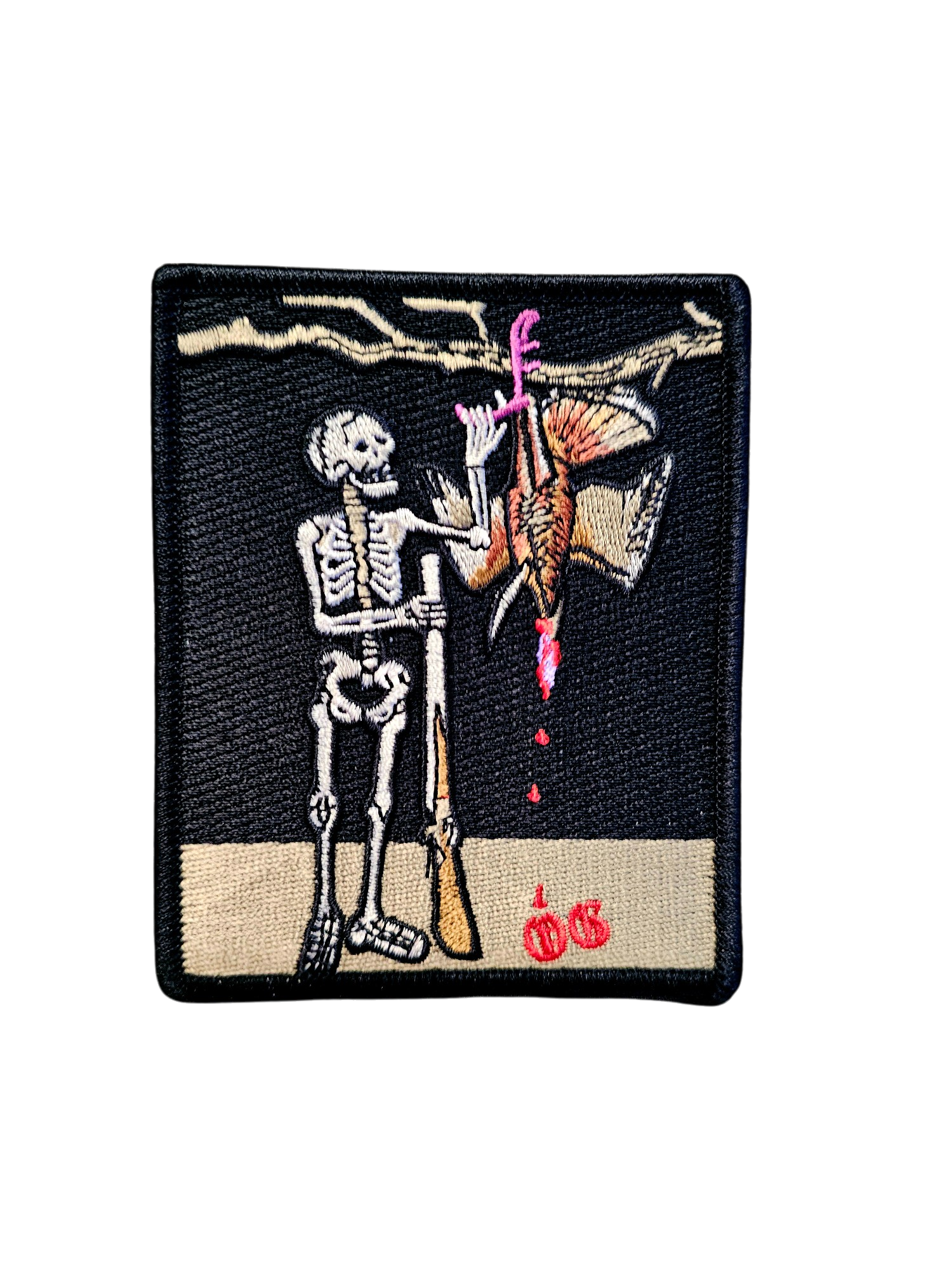        |
Switching from a pot call to a mouth callStarted by YoungGobbler, August 04, 2023, 06:21:34 PM Previous topic - Next topic
User actions
|
        |
Switching from a pot call to a mouth callStarted by YoungGobbler, August 04, 2023, 06:21:34 PM Previous topic - Next topic
User actions
|